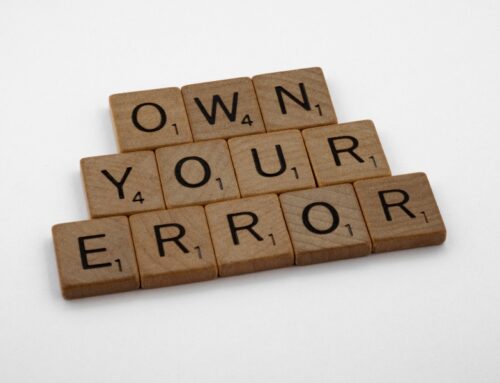Issued Share Capital is the total amount of shares that have been issued to shareholders. In simpler terms, it just means Issued Shares.
Paid Up Share Capital or Paid Up Capital is the total amount of Issued Share Capital that has already been paid up.
A simple example would be if a company is incorporated and it has $1000 issued share capital. There are 1000 ordinary shares at $1 each.
These shares are issued to and are now owned by one person. That person paid for those shares by transferring the monies from his personal bank account to the company’s bank account.
Then those 1000 shares will be paid up and hence the Paid Up Capital will be $1000.
Another example would be if a company is incorporated and it has $1000 issued share capital. There are 1000 ordinary shares at $1 each.
These shares are issued to and are now owned by one person. That person has yet to pay for the shares.
Then those 1000 shares will be not be paid up and hence the Paid Up Capital will be $0.
A common question we at Raffles Corporate Services receive is whether the monies need to be put in the company’s bank account. Well technically yes. When you declare that the shares are paid up, what you are saying is that the individual, the shareholder, has paid for those shares. This means that the shareholder has taken his own money and handed that money to the company. That money now belongs to the company.
This makes a huge difference because now that money is company asset. if someone were to sue the company, he can lay claim to the assets of the company and that includes monies that are paid up.
If the company is about to be incorporated then can you put these monies as paid up? Well technically you can. Say you put $10,000 paid up. This means that the shareholders have set aside $10,000 for the company. The moment that company is set up, this $10,000 then belongs to it. Technically company assets do not have to be in the bank. A company may keep money in a safe or perhaps the company is in the cafe business and the cafe were to hold cash in its cash register. All these monies are deemed company asset.
Even if the company has a bank account, it is still possible for the company to have monies that are not in the bank account. The company may, for some reason, hold physical cash. It must be clear which cash belongs to the company. This is more obvious when it is a retail shop or food and beverage outlet that we are talking about.
For us as a corporate service provider at Raffles Corporate Services, we cannot police the fact that the shares are paid up. We can, to our best ability, ensure that the shares are paid up and assist the director with their duties to document such information. For example, we usually ask shareholders to send us the screenshots of the monies that they transfer to the company for their shares. We will then document this with the register of members/ shareholders. However, if a company knowingly says that the shares are paid up when they are in fact not paid up, then this might open up the company, as well as possibly the directors to some legal issues especially if it was done with some fraudulent intent.
A simple example would be if someone incorporated a company and put the company as having $500,000 paid up capital. Another company, seeing that this company is well capitalised, decides to enter into a contract with the company. However, the company fails to fulfil the contract. When it is sued and it is found out that there was never this $500,000 that was paid to the company, it may open up a further question of why then was this recorded as such and whether this was done with the intention to perpetuate an untruth.
If you need more advice on paid up capital, you can contact the corporate compliance team at [email protected].
Yours sincerely,
The editorial team at Raffles Corporate Services







Leave A Comment